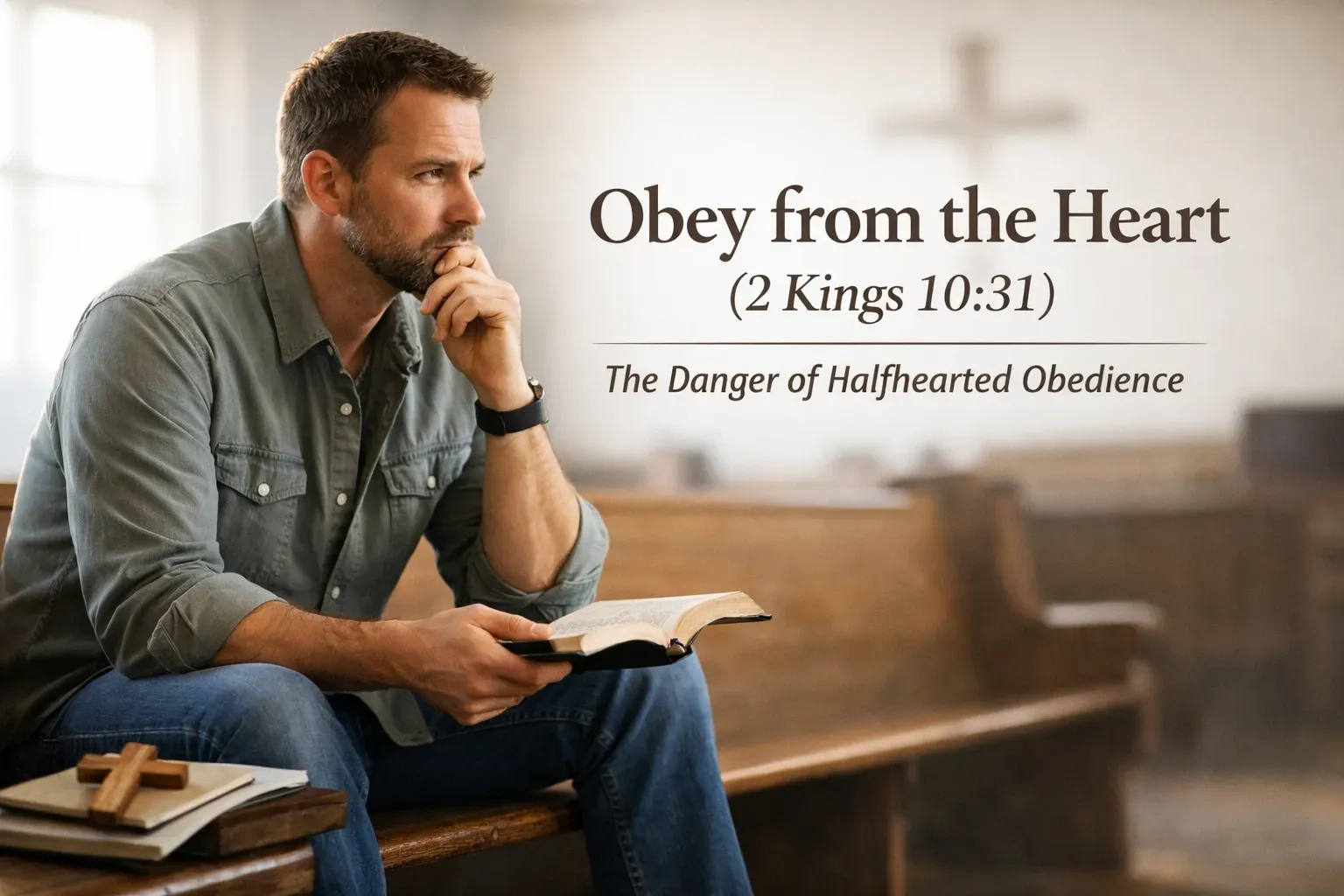Foundational Verse of the Bible
merely different ways of expressing the same unbelief

Believe in the beginning God created the earth and you will have no problem with any miracle in the Bible. Reject God as the Creator and you have set yourself up as the judge of the universe.
It has often been pointed out that if a person really believes Genesis 1:1, he will not find it difficult to believe anything else recorded in the Bible. That is, if God really created all things, then He controls all things and can do all things.
Furthermore, this one verse refutes all of man’s false philosophies concerning the origin and meaning of the world:
(1) It refutes atheism, because the universe was created by God.
(2) It refutes pantheism, for God is transcendent to that which He created.
(3) It refutes polytheism, for one God created all things.
(4) It refutes materialism, for matter had a beginning.
(5) It refutes dualism, because God was alone when He created.
(6) It refutes humanism, because God, not man, is the ultimate reality.
(7) It refutes evolutionism, because God created all things.
Actually all such false philosophies are merely different ways of expressing the same unbelief. Each one proposes that there is no personal, transcendent God; that ultimate reality is to be found in the eternal cosmos itself; and that the development of the universe into its present form is contingent solely on the innate properties of its own components. In essence, each of the above philosophies embraces all the others. Dualism, for example, is a summary form of polytheism, which is the popular expression of pantheism, which presupposes materialism, which functions in terms of evolutionism, which finds its consummation in humanism, which culminates in atheism.
The entire system could well be called the system of atheistic evolutionary humanism. Other philosophical ideas could also be incorporated into the same monstrous structure: naturalism, uniformitarianism, deism, agnosticism, monism, determinism, pragmatism, and others. All are arrayed in opposition to the great truth—marvelously simple, and understandable to a child, yet inexhaustibly profound—that “in the beginning, God created the heaven and the earth.”
It is remarkable that, when there have been so many anti-theistic philosophies (ancient and modern) affecting untold millions of people, the book of God makes no attempt to prove that God exists. The opening verse of Genesis simply takes this fact for granted, as though it were so obvious that only a fool could say “there is no God” (Psalm 14:1).
Henry M. Morris, The Genesis Record: A Scientific and Devotional Commentary on the Book of Beginnings (Grand Rapids, MI: Baker Books, 1976), 37–38.











